Artificial intelligence (AI) has been a hot topic in recent years, and with good reason. The potential for AI to revolutionize the way we live and work is enormous, and its impact on our daily lives is becoming increasingly evident. From self-driving cars to virtual assistants, AI is already changing the way we interact with technology.
But what does the future hold for AI? How will this technology continue to evolve and shape our world in the coming years? The answer lies in the limitless possibilities of AI and its ability to adapt and learn from its environment.
One of the most significant ways AI is revolutionizing our world is through automation. AI-powered robots and machines are increasingly taking on tasks that were once reserved for humans, from manufacturing and logistics to customer service and even creative tasks like writing and designing. This has the potential to greatly increase efficiency and productivity in a wide range of industries, freeing up human workers to focus on more complex and strategic tasks.
Another area where AI is making a big impact is in healthcare. AI-powered tools can analyze vast amounts of data to help doctors diagnose diseases more accurately and quickly, and even predict and prevent illnesses before they occur. This has the potential to revolutionize the way we approach healthcare and improve outcomes for patients around the world.
In the realm of education, AI is also playing a significant role. Intelligent tutoring systems can personalize learning experiences for students, helping them learn at their own pace and in a way that suits their individual needs. This has the potential to greatly improve educational outcomes and make learning more accessible and engaging for all students.
But with the potential for AI to bring about such significant changes in our world, there are also concerns about its impact. Issues like privacy, bias, and job displacement are all important considerations as we move forward with the development and deployment of AI technologies.
Despite these challenges, the future of AI is bright. As researchers continue to push the boundaries of what is possible with this technology, we can expect to see even more innovative applications that will continue to revolutionize our world in ways we can hardly imagine. The key will be to harness the power of AI responsibly and ethically, ensuring that it benefits society as a whole and helps us build a better future for all.






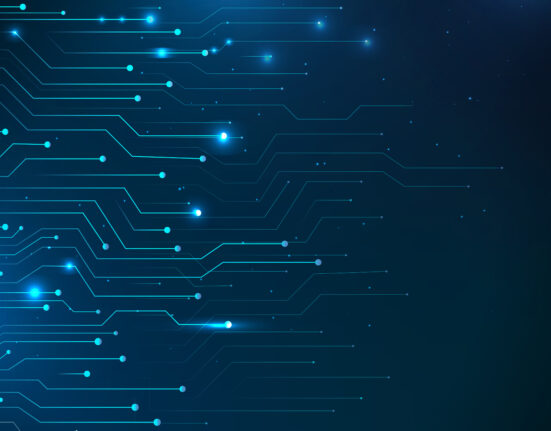

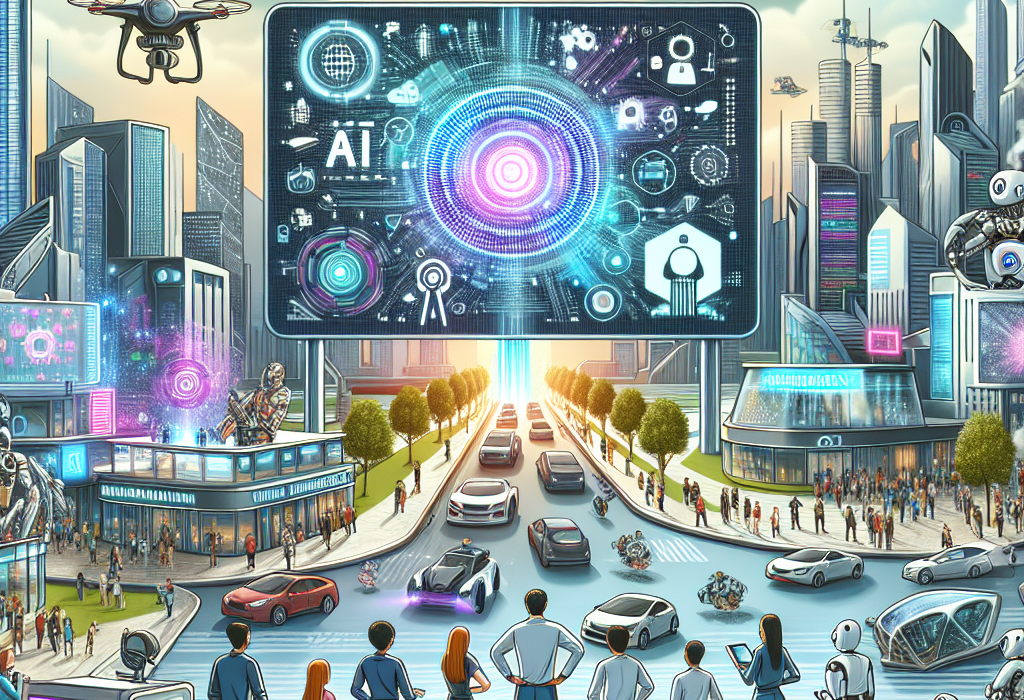


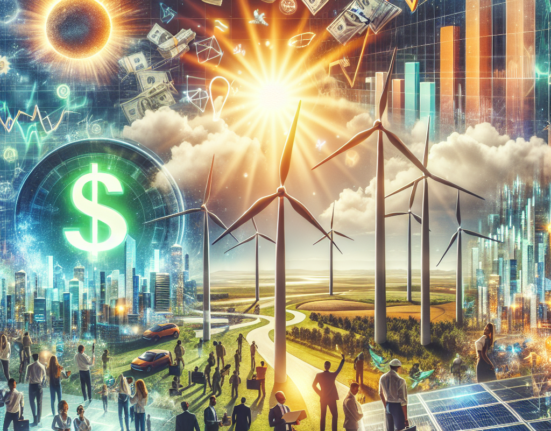
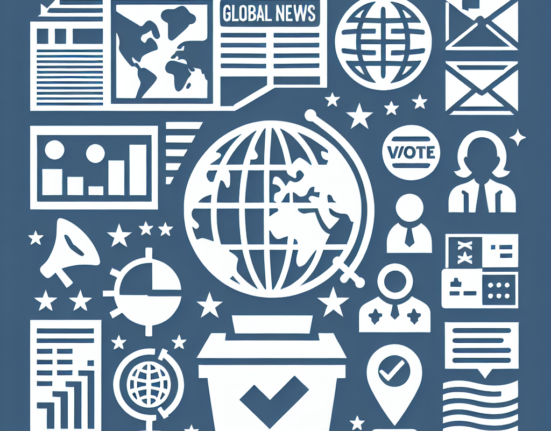
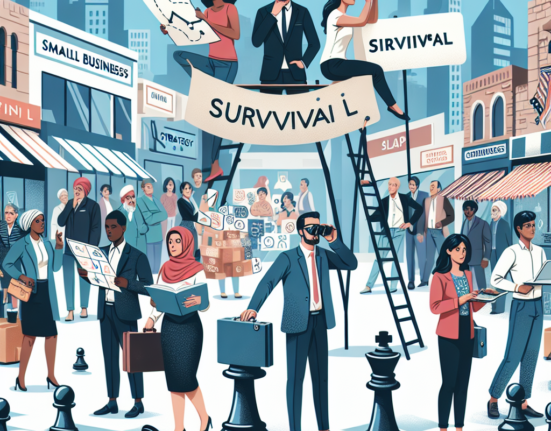
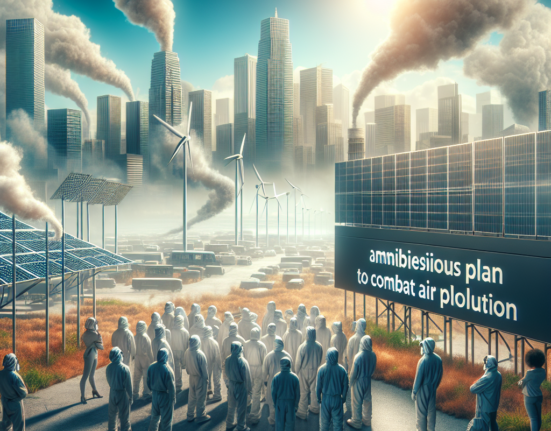

Leave feedback about this
You must be logged in to post a comment.